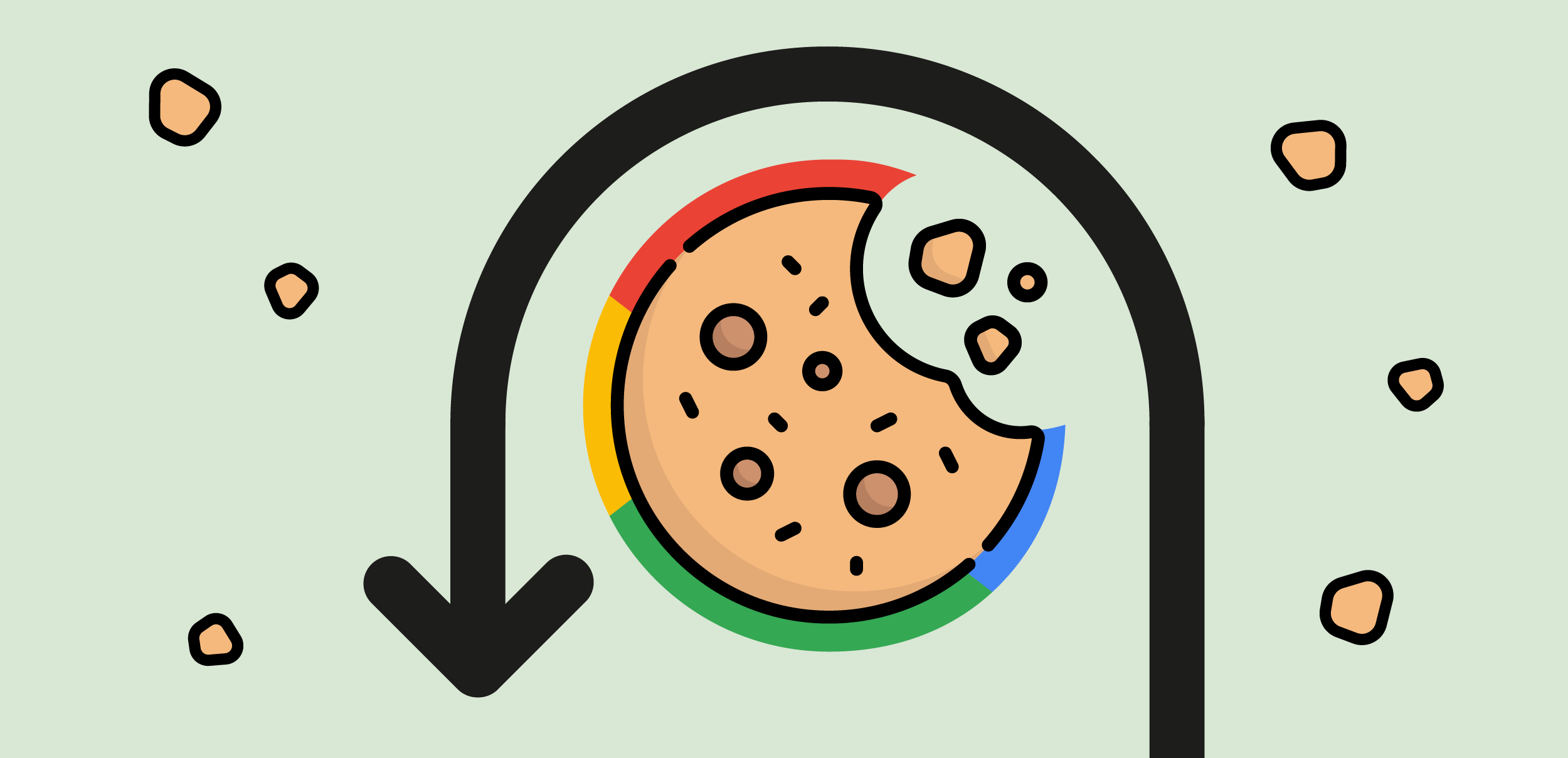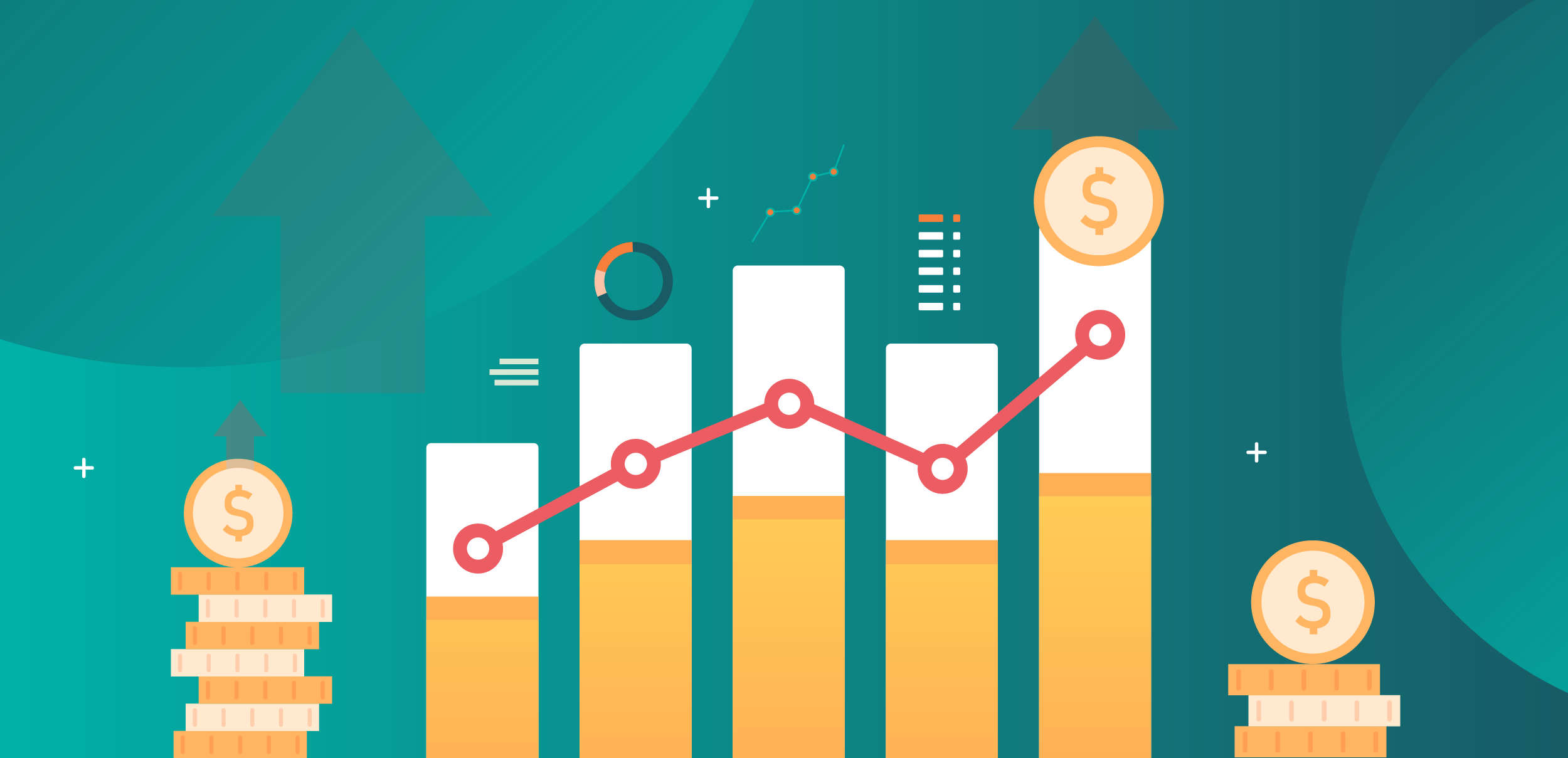Google’s Cookie U-Turn Won’t Save You: Keep Prepping
By Asaf Shamly | August 8, 2024

So, after bracing for impact and preparing to say goodbye to third party cookies, Google changed its position. Instead of removing third party cookies altogether, an opt-in dialog will be rolling out for users. What does this mean for publishers?
Google transfers cookie management to users
Google is now transitioning into a future where users get to opt-in for third-party cookies. While the company won’t block cookies by default in Chrome browsers (as Firefox and Safari do), users may do it themselves and this is already happening.
This transition is an indication and reminder of 2 main things:
1. Google’s goal is (and has always been) more network strength
Google controls the data that helps advertisers target and understand users and ultimately succeed in their efforts. Simply put, outside of Google’s network, they simply lose this data goldmine. Google aims to maintain control and dominance. It’s enough to look at the strength Safari gained after taking a similar step. To paraphrase Newman from Seinfeld: “when you control the data, you control information” moahaha.
2. Publishers should still prepare for a cookieless future
It’s hard to imagine a future for cookies when controlled by end users. This would be the end of the story, for sure. Third-party cookies will most likely be killed by such an approach. As publishers and vendors, it’s best to push for a better alternative to third-party cookies (which to be fair; are a bad experience for the user anyway). One way or the other, third-party cookies will go away soon.
What impact does this shift have on advertising?
This being said, I want to address the big question on everybody’s mind now – how will this affect monetization?
First party data
A few months from now, there will be fewer cookies and more reasons to prepare for a future without them. It’s time to double down on first party data. This U-turn doesn’t change that. Period.
AI training speeds up
A small part of users bringing in third-party cookie data will surely represent a training ground for AI-powered advertising models. This user minority would still be large enough to train cookieless AI models for specific purposes such as retargeting or attribution. This will generate new monetization pathways.
Publishers not ready will get left behind
Industry data shows most publishers are far from prepared for a cookieless future. They remain complacent and a year from now, they may still overtarget the minority opting for cookie-based browsing instead of preparing for a cookieless future.
It’s clear publishers, advertisers, vendors, and the entire ecosystem still rely on cookies to understand user behavior. At this time, it’s difficult to pinpoint the exact impact of Google’s U-turn on third-party cookies. Testing out what works and what doesn’t, and preparing for a world without third-party cookies may be the only realistic way of gearing up.
Latest Articles
-

When Budgets Shrink, Transparency Becomes Power
Today’s media teams aren’t just asked to drive results; they’re asked to defend them. In a market where ad budgets are under the microscope and every dollar must prove its worth, clarity and efficiency win. It’s no longer about spending more — it’s about spending smarter. The brands that can surface waste, double down on what works, and adapt in real time will be the ones that thrive in this new media economy.
View Now -

In Real-Estate and in AdTech – Location is (Almost) Everything
You can have the best ad in the world - high-performing creative, long time in view, shown to an engaged user. But if it’s squeezed between seven other ads on a cluttered page? It’s not going to land. That’s the part we don’t talk about enough. The environment. The layout. The density. The visual noise around the impression. Let’s talk about two under appreciated KPIs that shape that environment.
View Now -

The Open Web Just Got More Transparent (Sort Of)
OpenSincera is a bold step toward greater transparency in MarTech. This free API gives open access to inventory data across the web, signaling a shift toward more informed planning and smarter decision-making. But how far does this visibility really go - and what comes next for advertisers, publishers, and the open web?
View Now
